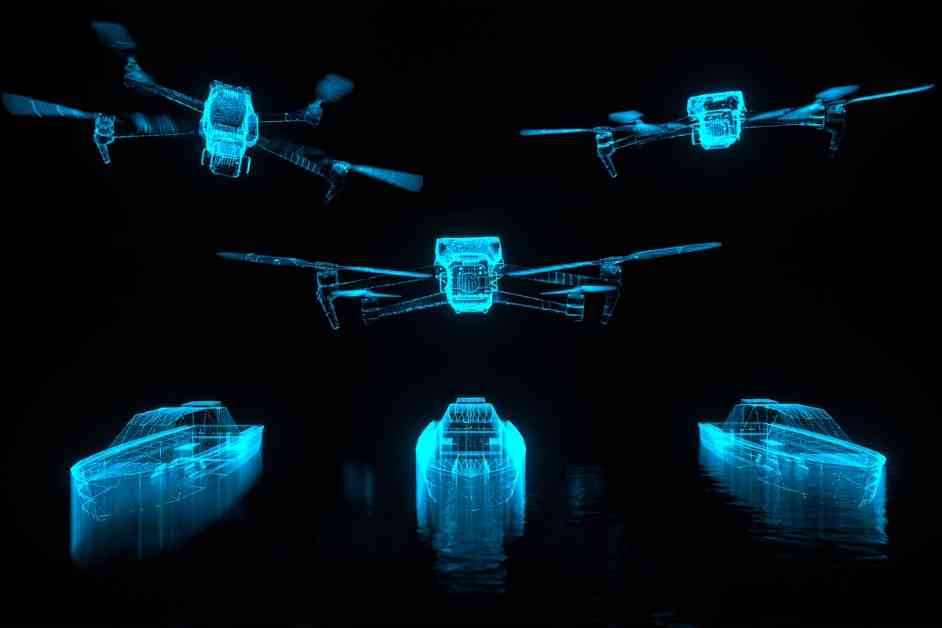Imagine a world where weapons are controlled by artificial intelligence, not humans. Picture a scenario where a machine is programmed to decide who lives and who dies, without any human oversight. This may sound like a scene from a science fiction movie, but it is a reality that we may soon be facing.
At a recent conference in Vienna, delegates discussed the implications of autonomous weapons systems and the urgent need for international rules to ensure human control over these machines. The stakes are high, as the development of autonomous weapons could have catastrophic consequences if left unchecked.
The use of autonomous weapons is not just a future concern; there are reports of these weapons being employed in conflicts around the world. From drones to AI-powered databases, the use of autonomous weapons is already a reality in some military operations.
Human rights organizations have been calling for international legislation to regulate the use of autonomous weapons, but progress has been slow. While some countries have acknowledged the dangers posed by these weapons, many are still investing in military AI and autonomous weapons technologies without clear rules in place.
The fear is that without proper regulation, we could be on the brink of an arms race of killer robots, where machines make life and death decisions without any human intervention. The consequences of allowing machines to control weapons are dire, and the time to act is now.
As we stand at the precipice of a new era of warfare, it is crucial that we prioritize human control over autonomous weapons systems. The future of humanity may depend on our ability to regulate these technologies and prevent a world where machines have the power to determine the fate of human life. The time to act is now, before it’s too late.






